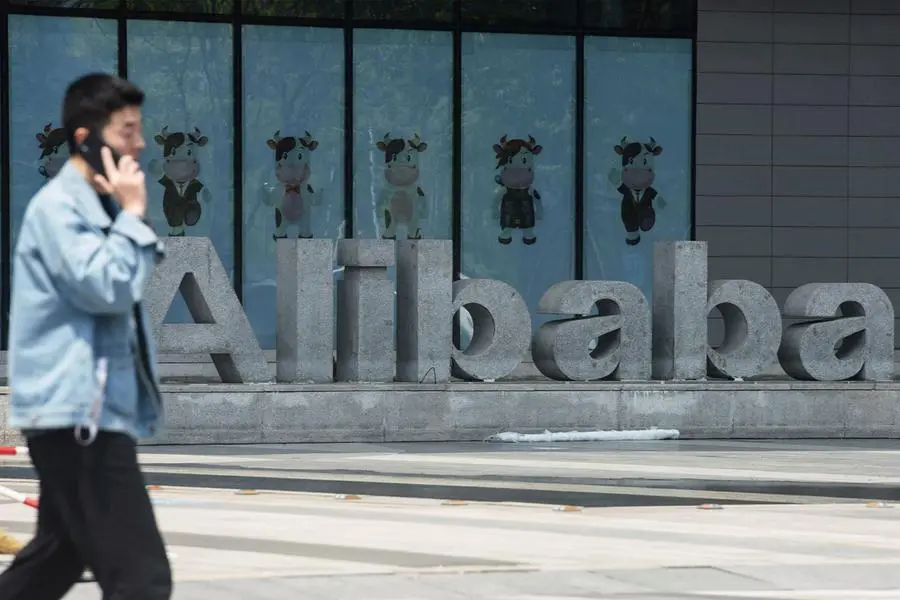PHOTO
Chinese e-commerce giant Alibaba announced an unexpected 14 percent on-year increase in quarterly sales Thursday, despite an economic slowdown in the country fuelled by sluggish consumption.
In the first quarter of its financial year starting on April 1, the group's revenue amounted to 234.1 billion yuan ($32.5 billion), higher than analyst forecasts.
Alibaba is a key player in China's expansive digital economy and the operator of a major online shopping platform.
The Hangzhou-based group's performance is therefore considered a barometer of domestic consumption.
Alibaba's net profit is up 51 percent on-year, reaching 34.3 billion yuan ($4.8 billion) during the April-June period.
The latest financial results come as Alibaba embarks on the biggest restructuring in its history.
Announced in late March, the plan involves splitting the group into six distinct entities that will be able to separately pursue funding through public listings.
Recent decisions have also seen the replacement of Alibaba CEO Daniel Zhang, a key figure in the company's early development.
The executive will remain in the group, however, to lead its lucrative cloud computing branch, on which Alibaba is betting heavily.
These changes will take effect on September 10.
Zhang has been at the helm of the Alibaba empire since the 2019 departure of its founder, Jack Ma.
In addition to cloud computing and e-commerce, the group is a heavyweight in the broader Chinese tech ecosystem, with major operations across logistics, media, entertainment and artificial intelligence.
China entered deflation Wednesday for the first time since 2021, the latest sign in a long string of indicators reflecting a slowdown in the world's second-largest economy.





















